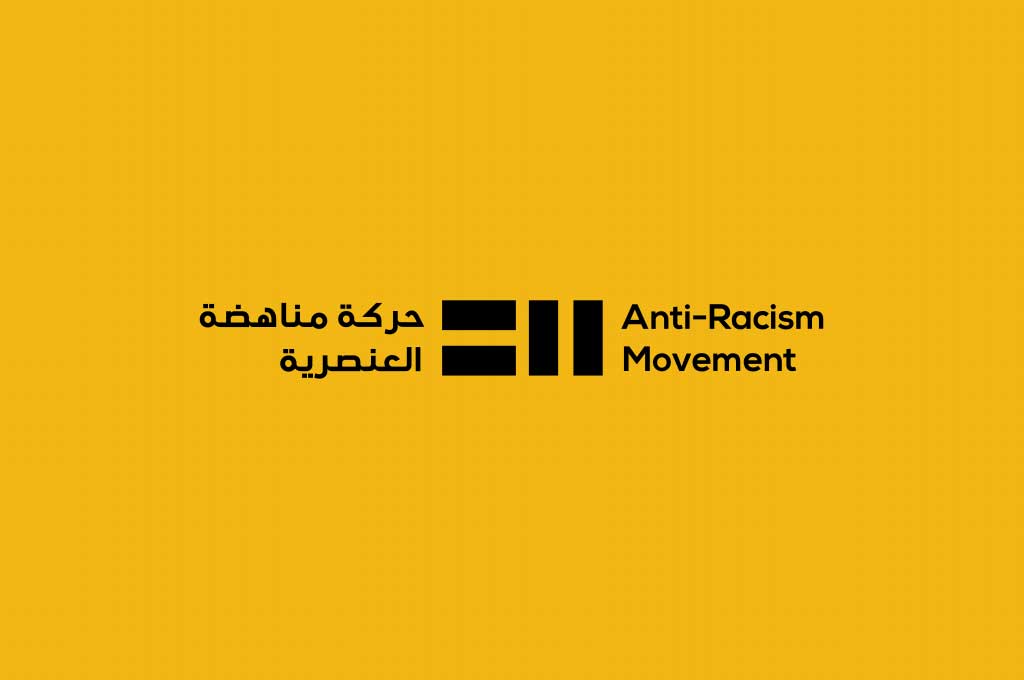Ramadan Soaps: The Workers Will Not Be Televised
July 9, 2014
أخبار ومستجدّات
هذا النص متوفر فقط باللغة الإنكليزية. يرجى الضغط على زر اللغة لقراءة المحتوى.
During Ramadan, watching TV series—many created specifically for the month of fasting—becomes a social event for millions of Muslims around the world. Here, the Kuwaiti artist Monira Al Qadiri manipulates soap operas produced in the Gulf to highlight a missing figure: the migrant worker who cleans up the lavish homes where melodramatic scenes unfold.
It’s the middle of Ramadan, the holiest month for Muslims around the world. In addition to being a period of fasting, Ramadan is also peak season for prime-time entertainment. Arab TV stations compete for millions of viewers as they broadcast the region’s most popular soap operas, talk shows and music videos during and after iftar (the end-of-day meal with which observers break their fasts).In the Gulf, however, an important figure is erased from these mass-produced images: the migrant worker. Although they play a central role in maintaining daily life throughout the region, migrant laborers are never represented within pop culture. This is especially apparent in soap operas, in which the main characters sit by themselves in their lavishly decorated, ultraclean villas, cook their own food, drive their own cars to work and independently conduct other daily activities. Such images of autonomous life are far from reality: most citizens of Gulf states are serviced 24/7 by housemaids, cooks, drivers and sanitation workers, who come largely from South and Southeast Asia.The video above hijacks excerpts from Gulf soap operas to superimpose images of domestic workers onto their unrealistic settings, making the presence of migrant laborers both undeniable and surreal. The title of the work, SOAP, conflates the shorthand for “soap opera” with a bar of soap, that evanescent object that seems to magically leave a state of cleanliness in its wake. Its disregarded presence mirrors the precarious existence of the migrant worker who wields it.
دلالات :
gulf,tv,Video
شارك هذا :
مقالات مشابهة
“We are not racists, but”July 17, 2018
Being Dark Skinned in BeirutMay 30, 2018
Abused Ethiopian domestic worker is “the poster girl for kafala” in LebanonMay 25, 2018
لديك أي أسئلة؟
للاستعلام عن هذا البيان والسياق ، راسلنا عبر البريد الإلكتروني أو املأ النموذج.
